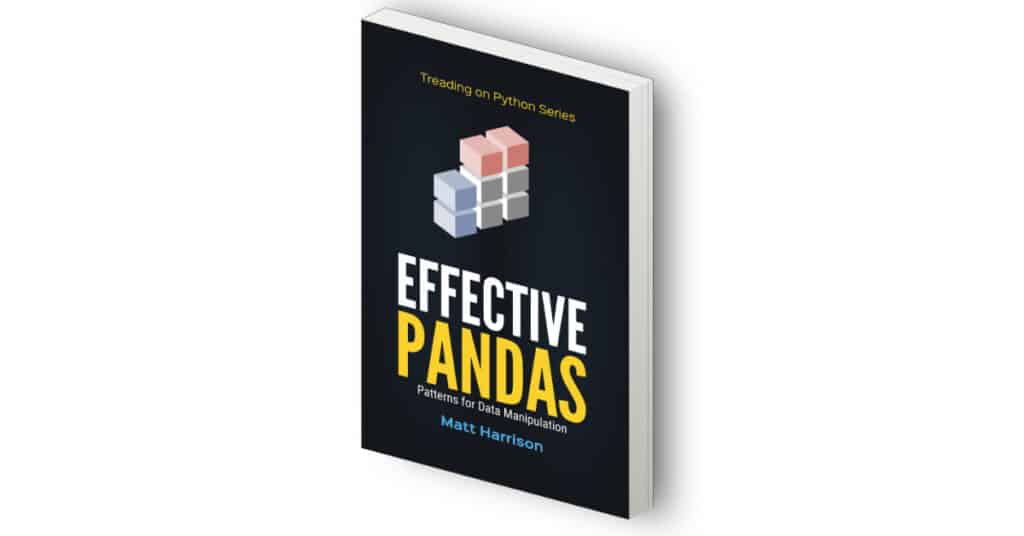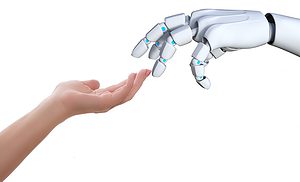The Top 10 Reasons Why Non-Programmers Should Learn Python

Python is a powerful, versatile programming language widely used in many fields, from web development to data analysis, machine learning, and scientific computing. It is known for its simple, easy-to-learn syntax, making it a great choice for beginners who want to learn to program. In recent years, Python has become one of the most popular programming languages in the world and is in high demand for various job markets and industries.
One of the main benefits of learning Python for non-programmers is its ease of use. Its syntax is similar to natural language, making it easy for beginners to understand and learn programming basics. Additionally, Python has clear and readable code, which makes it easy to understand and debug. Many tutorials, books, and resources are available online to help you learn.
Another benefit of learning Python is its versatility. Python can be used for many tasks, such as web development, data analysis, machine learning, and scientific computing. This makes it a great choice if you're not sure what you want to do with your new programming skills. With Python, you can start learning one area and branch out to others as you gain more experience.
This article will explore the benefits of learning Python for non-programmers in more detail. We will discuss the ease of learning, the versatility of the language, its popularity, the high demand for Python skills, and its various applications such as automation, interoperability, data analysis, machine learning, web development, and game development.
Why Python is worth learning
Easy to learn
Python is an excellent choice for beginners because it has a simple, easy-to-learn syntax similar to natural language. This makes it easy for non-programmers to start learning and understanding the basics of programming. Python also has clear and readable code, which makes it easy to understand and debug. Additionally, Python has many online tutorials, books, and resources to help you learn.
Versatile
Python is a versatile programming language for various tasks. It is commonly used for web development, data analysis, machine learning, and scientific computing. This makes it a great choice if you need help figuring out what you want to do with your new programming skills. With Python, you can start learning one area and branch out to others as you gain more experience.
Popular
Python is one of the world's most popular programming languages, so a large community of users and developers can provide support and resources. This means you're never far from someone who can help you if you get stuck. Additionally, many libraries, frameworks, and tools are available for Python, making it easy to find pre-built solutions for everyday tasks.
High demand
Python is in high demand for various job markets and industries, such as finance, healthcare, and technology. This means that if you learn Python, you'll have a valuable skill that can help you land a job or advance your career. Additionally, many companies are looking for Python developers, so you'll have a good chance of finding a job that utilizes your skills.
Automation
Python can automate repetitive tasks, increasing productivity and efficiency. Once you learn how to write Python scripts, you can automate file conversion, data processing, and system administration tasks. This can save you time and energy in the long run, allowing you to focus on more critical tasks.
Interoperability
Python can interact with other languages and technologies, making it an excellent choice for integration and scripting tasks. You can use Python to write scripts that interact with other programs, such as Excel or SQL databases. Additionally, Python can be integrated with other languages, such as C++ or Java, making it an excellent choice for large projects that require multiple languages.
Suitable for data analysis
Python has many powerful data manipulation and analysis libraries, such as Pandas, Numpy, and Matplotlib. These libraries make it easy to work with large datasets, perform statistical analysis, and create visualizations. Additionally, Python's data analysis libraries are widely used in the industry, making it an excellent choice for data-driven projects.
Good for Machine Learning and AI
Python has a wide variety of libraries, such as Tensorflow, Pytorch, and scikit-learn that are specifically designed for machine learning and AI. These libraries make it easy to implement and experiment with different machine-learning models. They are widely used in industry and academia. Additionally, Python's simplicity and readability make it an excellent choice for learning the concepts of machine learning and AI.
Suitable for Web Development
Python has many popular web frameworks such as Django, Flask, and Pyramid that make it easy to build web applications. These frameworks provide a structure for your code and handle everyday tasks such as routing and database management, allowing you to focus on the unique features of your application. Additionally, Python's many libraries for web scraping and data processing make it an excellent choice for data-driven web projects.
Good for Game Development
Python has many libraries, such as Pygame and PyOpenGL, that make it easy to develop games. These libraries provide the basic building blocks for creating games, such as 2D and 3D graphics, sound, and input handling. Additionally, Python's simplicity and readability make it a great choice for learning game development. It allows you to focus on game development's core concepts and mechanics rather than getting bogged down in complex syntax. With these libraries, you can also prototype games quickly, which can be helpful in the game industry or education.
In conclusion, learning Python is a valuable investment for non-programmers. Python is a powerful, versatile programming language that is easy to understand and has a wide range of applications. Its simple and easy-to-learn syntax makes it an excellent choice for beginners. At the same time, its versatility allows you to use it for many tasks. Additionally, Python is a popular and in-demand language with a large community of users and developers who can provide support and resources. Whether you're looking to automate repetitive tasks, analyze data, or develop web applications or games, learning Python can open up many opportunities. With its simplicity, versatility, and wide range of libraries, Python is an excellent choice for anyone looking to learn to program.



